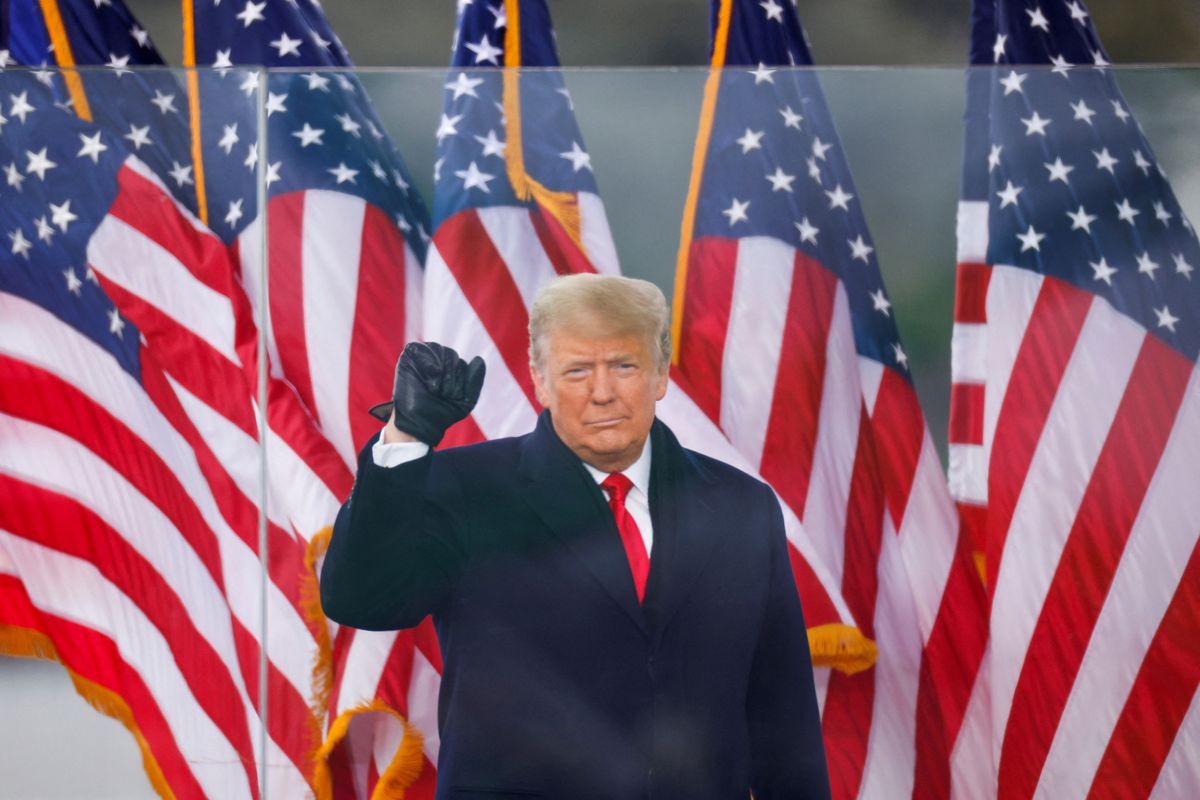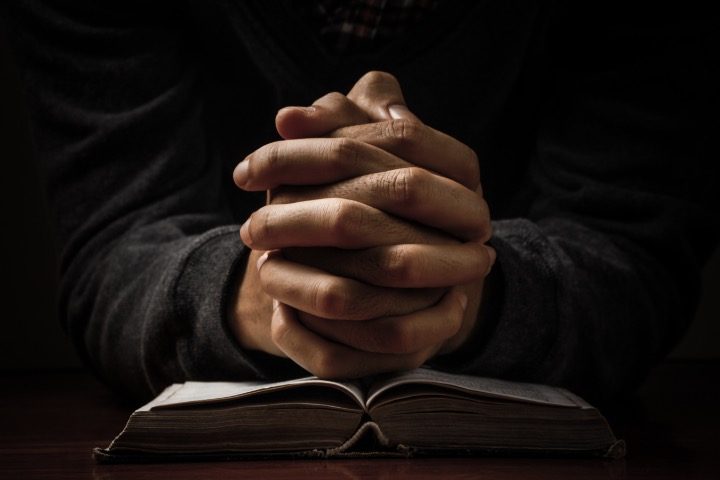/cloudfront-eu-central-1.images.arcpublishing.com/prisa/WFAHG7R6T5WXC4D5RI7KPISDPU.jpg)
Two and a half years after the attack on the Capitol, the government has charged the former president with attempting to overturn an election.
Former President Donald Trump, was indicted Tuesday on four federal charges associated with his effort to turn the election he lost in November 2020 to his advantage. The four counts brought by Special Counsel Jack Smith — who is acting on behalf of the Department of Justice, but has autonomy over the Trump investigations — include a charge Trump participated in a conspiracy to overturn election results, two counts related to interfering with the certification of those results, and one for attempting to nullify the right to vote. The most serious charge carries a 20-year prison sentence. Trump was to be arraigned on Thursday before a Washington federal judge known for handing down tough sentences to people convicted of crimes related to participating in the attack on the Capitol, the final episode in the conspiracy to stay in power led by Trump and a group of alleged co-conspirators from the Oval Office itself.
Despite the seemingly routine nature of Trump’s third criminal indictment — following one in New York and another in federal court — this most recent indictment is the most momentous because it affects the limits of presidential power and impacts the defense of constitutional core principles, such as voting, which have never been called into question. This is a time of historic import, in the strictest sense of the word historic. United States law is currently in uncharted territory. It has never judged the actions of a president or a former president. Up until this year, the mere possibility of indicting such a figure was merely a theoretical debate among experts. However, in reality, the U.S. justice system has been in uncharted territory since the day Trump moved into the White House, as have the rest of America’s democratic institutions. American legal bureaucracy moves slowly in this age of social media, but it is proving to be relentless, blind and deaf to the pressure from a man who has proved capable of using his extraordinary predicament to unleash violence and fighting against pressure from the party protecting him.
Most of the events described in the indictment were already known thanks to the House of Representatives Select Committee investigating the attack on the Capitol. The conspiracy is alleged to have begun when Trump realized he had lost the election and after two months of lies, schemes and pressuring public servants, culminated in the forceful takeover of the Capitol. More than 1,000 people have been arrested, 350 have been prosecuted, and the case is still open. The world has been waiting for an indictment of the alleged conspiracy’s leader since the night of Jan. 6.
Today, Trump’s support among his fanatics is still intact, so much so that he may well win the presidential nomination again, and the political system faces a volatile situation. With all its risks, however, the indictment is, undeniably, a step forward. Only through an in-depth investigation into those events and the transparent prosecution of those most responsible, together with an appropriate sentence upon conviction, will the U.S. political tragedy become a vaccine for liberal democracies.
The alleged conspiracy, in which the prosecutor names other three unindicted co-conspirators, was intended to overturn the election. Simply put, it was meant to be the end of democracy. Those who even today try to normalize what happened are either unaware of the existential threat Trump’s actions posed for the democratic system or wish such a system would end. Starting from the filing of the indictment this Tuesday, we know that those who try to do this again will have to face justice.
Shop For Night Vision | See more…
Shop For Survival Gear | See more…
-
Sale!

Stainless Steel Survival Climbing Claw Carabiner Multitool Folding Grappling Hook
Original price was: $19.99.$9.99Current price is: $9.99. Add to cart -
Sale!

Portable Mini Water Filter Straw Survival Water Purifier
Original price was: $29.99.$14.99Current price is: $14.99. Add to cart -
Sale!

Japanese 6 inch Double Edged Hand Pull Saw
Original price was: $19.99.$9.99Current price is: $9.99. Add to cart


















































